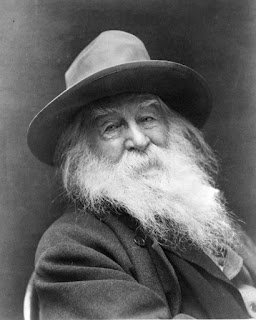It's that time again! Every Wednesday we will sneak a peek into the world of writing and publication. Award winning author, Darlene Foster, is just another wonderful writer I have met while coordinating things for this series. You can reach Darlene at her website
,
or on her blog
Take it away Darlene...
,
or on her blog
Take it away Darlene...
Never Too Late To Become A Writer
Darlene Foster
A goal without a plan is just a dream.
Many of us dream of being a writer. After
all we have tons of ideas. We spend years talking about it, fantasize signing
our books, and envision people saying, “I read your book and loved it.” But
there is always an excuse. We are
too busy working, raising kids, keeping a house, volunteering, looking after grandchildren
or aging parents; the list goes on. Then one day there is a bit more time and we
say, “Now I’m too old to write a book. If only I had started years ago. Its too
late.” I have heard this many times.
I was one of those people. I had so many
excuses for not sitting down and writing a book. I took writing courses and
attended seminars, wrote a few short stories and submitted to the occasional
contest, but the idea of writing a book was too daunting and I often felt I
left it too late.
Then I went on a fabulous holiday to the
United Arab Emirates and decided I needed to write about it. It worked best for
me to write my story from the point of view of a twelve year old and target it
to middle readers. Although I was
already in my fifth decade, I was still busy working a full-time job, tutoring
part-time, volunteering and sitting on a few boards. How was I going to fit in the
time to write a book?
I came up with a clever plan. The plan was to write the book in three
years; a realistic time frame for me. How was I going to do this? I planned to write
one chapter a month by writing one hour a day. By breaking it down into doable
steps, it was not so difficult. I simply eliminated watching television for one
hour every evening. Soon my
friends and family understood that I could not be disturbed for that one hour. If
I missed one day, I would write for two hours the next day.
My plan worked. At the end of three years I
had Amanda in Arabia-The Perfume Flask completed
and ready for submission. It took another 5 years to find a publisher, but I
persevered. In those five years, between researching publishers and writing
query letters, I continued to write and completed, Amanda in Spain-The Girl
in the Painting. After all, I was used to writing at
least one hour a day.
Now in my sixth decade I have three books
published, I have organized numerous book signings and people of all ages have
approached me saying, “I love your books. I hope you write more.” I write two hours everyday now and
managed to write my latest book, Amanda in England-The Missing Novel, in one year. I am
working on the fourth novel as we speak and have many more ideas. There is no
stopping me now!
The lesson I learned is that it is never
too late and you can never be too busy, to make your dream of writing come true
– if you make a plan and stick to it. As a much wiser person than I once said, “You
are never too old to set another goal or to dream a new dream.” -C. S. Lewis
Biography of Darlene Foster
dreamer of dreams, teller of tales
Darlene Foster is a writer of children’s stories, an employment counsellor, an ESL tutor, a wife, mother and grandmother. She loves travel, reading, shoes, cooking, sewing, music, chocolate, walking on the beach and making new friends. Her grandson calls her “super-mega-woman-supreme”. She was brought up on a ranch nearMedicine Hat, Alberta, where she dreamt of traveling the world and meeting interesting people. She lives inTsawwassen, BC with her husband Paul and their black cat Monkey.
Darlene has always had a desire to write. She has published three books for middle readers, Amanda in Arabia – The Perfume Flask, Amanda in Spain – The Girl in The Painting and Amanda in England – The Missing Novel,recently released.
She believes everyone is capable of making their dreams come true!
Her website is www.darlenefoster.ca
Her blog is www.darlenefoster.wordpress.















.jpg)